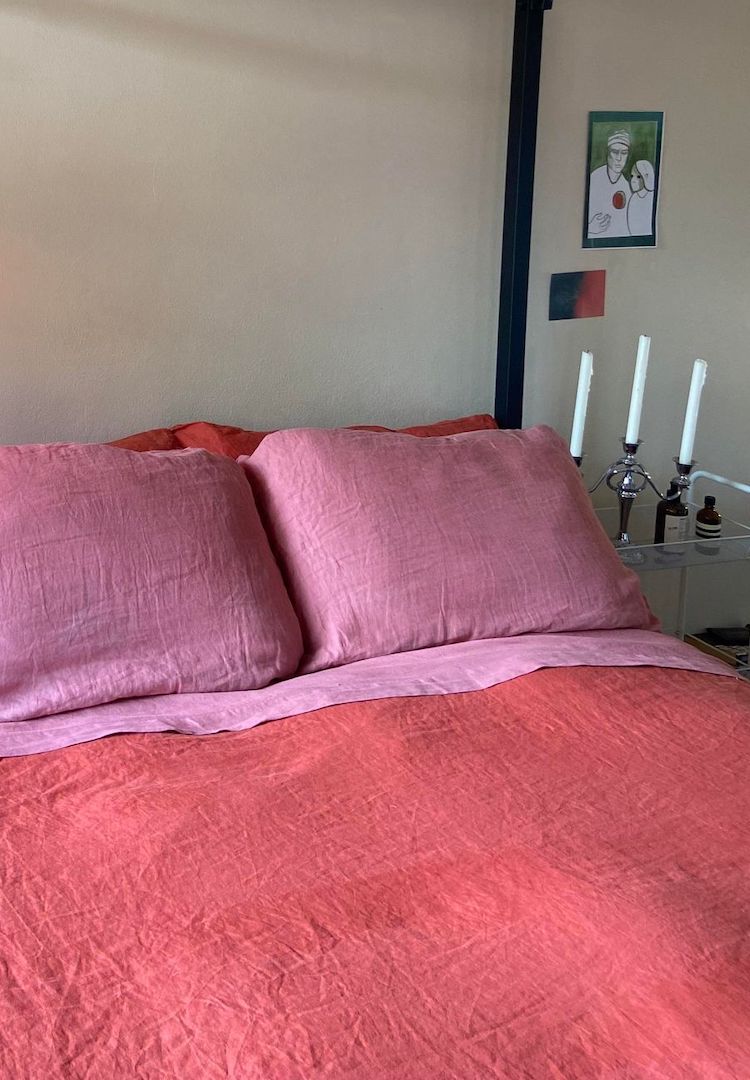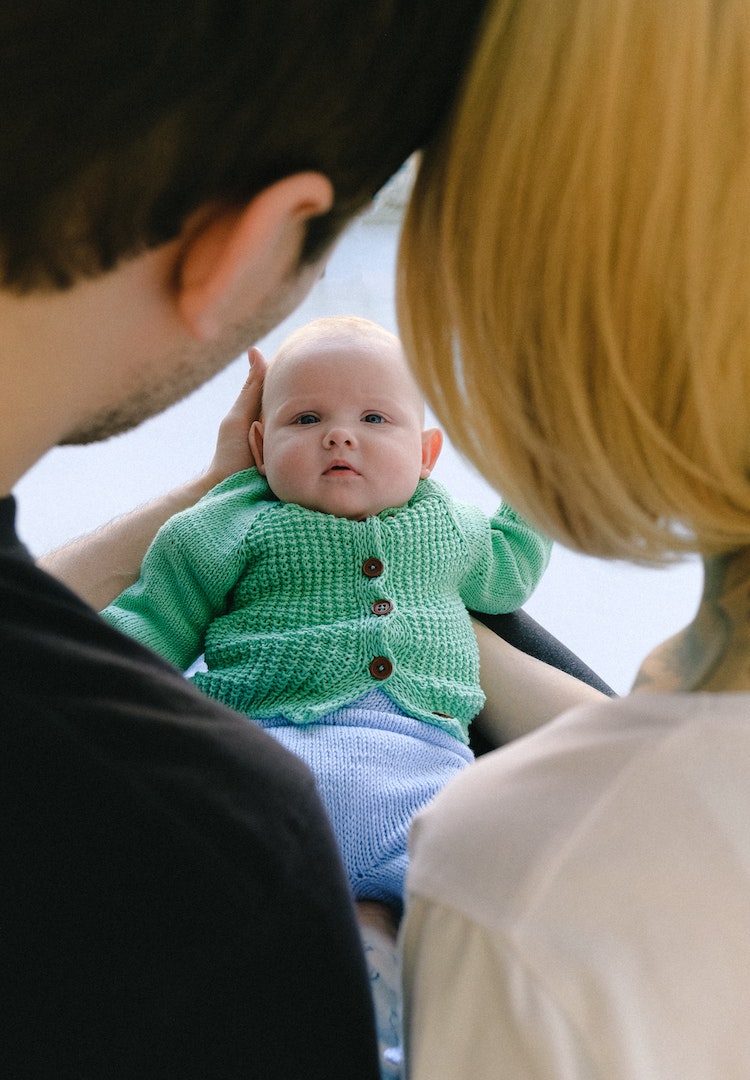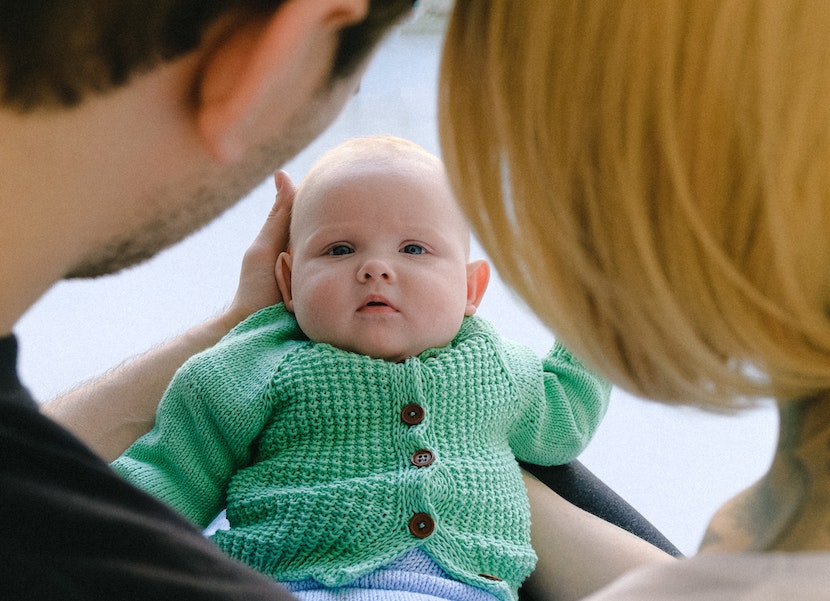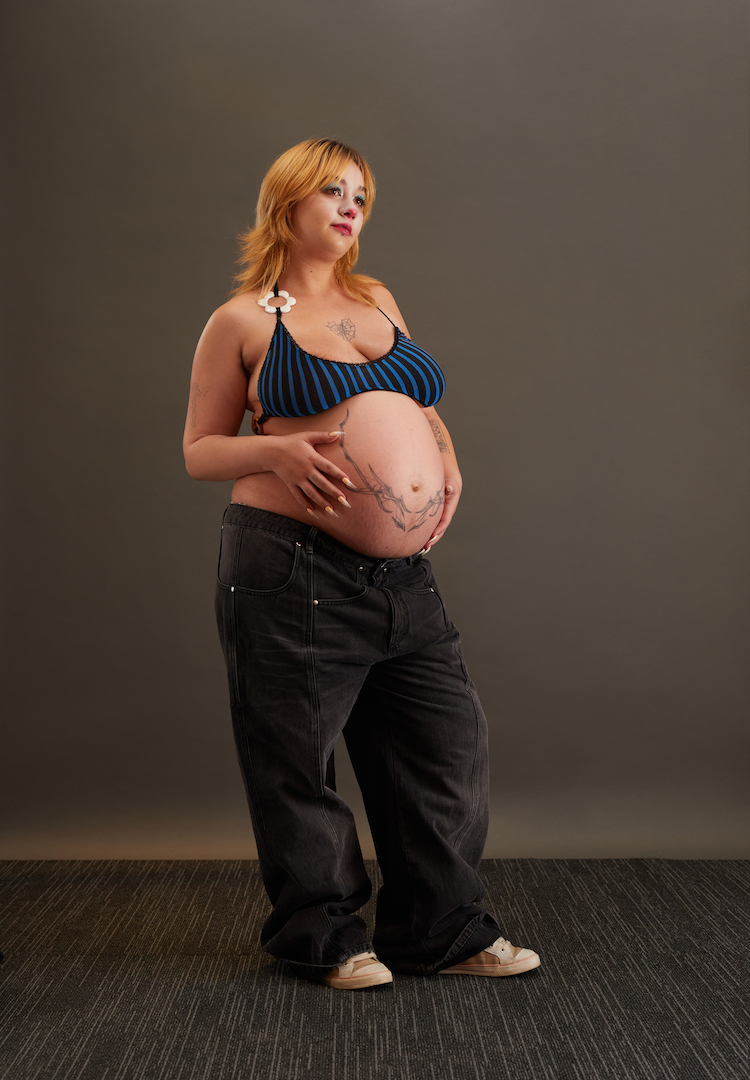“It’s the hardest job in the world”: Unpacking the invisible load of motherhood
WORDS BY Gabrielle Nancarrow
“We need to start seeing our time as equally valuable to that of our partner’s – even if we don’t work as much or earn less or have more flexible jobs.”
You know that endless list of family admin, stress and worry that ping-pongs around your head at all times – book the appointment, plan the party, finish the forms, must get nappies, pack the bags, find that missing sock, worry about the lingering cough, wash the sheets, meet the teacher, plan the meals, buy the food? It’s called the mental and emotional load and all current research points to the fact that women overwhelmingly take on the bulk of it in heterosexual relationships.
This isn’t the narrative for all families, but for a lot of women – I’d argue most – it begins when our children are born and we take more time off than our partners and inevitably start taking on more because we’re the ones at home. Then we go back to work and continue doing it all because it has become invisible. Then we feel like we’re nagging if we ask for help and sometimes when we do ask it doesn’t get done or it’s not done well and so it falls back on us and the cycle goes on.
Looking for more stories on navigating the modern world? Head on over to our Life section.
I remember James coming home one Friday night after what had been a particularly rough day for me – pre-pandemic when he’d leave the house early and get home late five days a week. Our girls were four and one, it was winter, the days were long and cold and wet and I had no idea what to cook for dinner.
He came in through our back gate and casually removed his earphones after what I imagined was a leisurely commute home listening to a podcast and zoning out and I absolutely lost it. Lost it. I was so angry at him for having time every morning and every night on his way to and from work all to himself, to listen to whatever he wanted, to have that mental and physical space that I craved.
It had been so long since I’d had even a minute to myself to do anything. He didn’t deserve all my anger. I didn’t recognise it at the time, but it was really aimed at our patriarchal society that has expected mothers to suck it up for so long, and devalues our role and demands we keep this never-ending and invisible to-do list and hold our families together while having very little support or time for ourselves.
It’s going to take time for the walls of the patriarchy to come down and to ensure that happens; change has to come from within our homes. We have to have conversations with our partners about what is not serving us, about what we need to let go of and what we need them to take on. We have to name and divide the labour. We need to fight for equal parental leave and both parents need to take it.
We need to start seeing our time as equally valuable to that of our partner’s – even if we don’t work as much or earn less or have more flexible jobs, as Eve Rodsky argues so well in her phenomenal book Fair Play (essential reading for all families). We need to acknowledge as a couple that both parents need time alone to do whatever they need to do to come back to themselves – and we need to schedule that into the week and ensure space is made so we can follow through.
We cannot have one partner thinking only of themselves until they are asked to do something for the family. It’s not our job to be caring for our children and the home 24/7 to the point that we are forced to ask for help when we need it – our partner needs to anticipate and recognise the needs of our children and the family and the home. We have been conditioned into believing that the invisible load of motherhood is an expectation that falls solely on our shoulders, that it is caregiving, that it is what a ‘good mother’ does.
Actually, it’s the hardest job in the world and should be recognised as such, and partners need to step up and workplaces and governments need to make space for them to be at home so they can witness the work and understand what has to be done – to see what we have been doing for so long.
It’s not as easy as just telling a mother to lower her expectations, to step back and do less, because we face consequences for that. When we step back and do less, who is the one stepping in to do more? We can’t shift the mental load until we make it visible, name it, and look at the redistribution of labour in the domestic realm.
This is an edited extract from The Motherhood Space by Gabrielle Nancarrow, published by Hardie Grant Books. It’s available in stores nationally from October 4.










